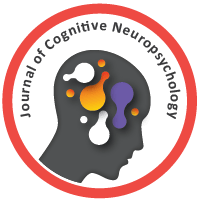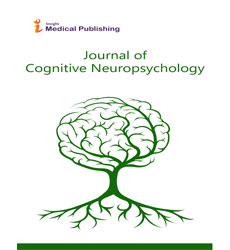Resilience moderated by lack of sense of security in anorexic adolescents
Abstract
Received: May 13 ,2022; Accepted: May 20,2022; Published: May 27,2022
Resilience is a personality trait that is closely related to adaptability, including positive management of change, positive self-image, and self-acting behavior (Masten, 2001). Previous studies have shown the reverse relationship between resilience and depression (Schiavone et al., 2013; Vuitton, de Wazières, Dupond, 1999). The lack of sense of security has a profound effect on affective factors leading to dysfunctional functioning, preventing the possibility of flexible adaptation. Several studies have confirmed the negative impact of insecurity, hope and resilience (Haase et al., 1999, Haase, 2004, Woodgate, 1999). In this study we examine the moderating effect of the lack of sense of security in terms of mood dimensions, such as sadness and hopelessness. Higher resilience value is a significant protective factor against depression (Birmahe 1996). Also, higher resilience is a protects against the development of psychiatric diseases (Bachen, Chesney, Criswell, 2009, Erim et al., 2010). Anorexia is a severe psychosomatic disease (Túry, Pászthy, 2008), that can become chronic in adolescence. Deaths are 6-10% within 10 years (Fisher, 2006). Anorexia is one of the psychosomatic diseases Rief et al.,1992) In their semi-structured interviews, have shown that the somatoform disorder appears to be (73%) preceded by affective disorders (Rief et al., 1992).

Open Access Journals
- Aquaculture & Veterinary Science
- Chemistry & Chemical Sciences
- Clinical Sciences
- Engineering
- General Science
- Genetics & Molecular Biology
- Health Care & Nursing
- Immunology & Microbiology
- Materials Science
- Mathematics & Physics
- Medical Sciences
- Neurology & Psychiatry
- Oncology & Cancer Science
- Pharmaceutical Sciences
